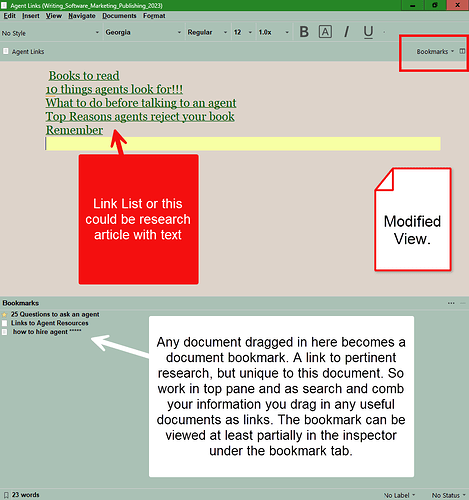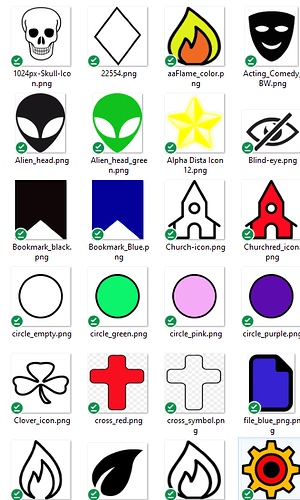Hi everyone,
I’ve been using Scrivener for a while now, but I’m still trying to refine my workflow for large, research-heavy projects. I’m currently working on a nonfiction book that involves a ton of sources—academic papers, articles, interviews, and notes from books. Right now, I feel like I’m drowning in information, and I’m not sure if I’m using Scrivener’s features as efficiently as I could be.
At the moment, I’m organizing my research using the Research folder, but I find myself constantly scrolling and searching for specific references. I’ve tried using keywords and metadata, but I feel like I might not be structuring things in the best way. I’ve also experimented with document links and comments, but my notes still feel scattered, and I often forget where I put things.
For those of you who work with a lot of research material, how do you:
- Organize and categorize sources efficiently?
- Quickly retrieve the right piece of information without excessive searching?
- Keep track of connections between different research notes?
- Use Scrivener alongside external tools like Zotero, Obsidian, or DevonThink?
I’d love to hear any practical tips, templates, or workflows that have worked for you. I’m especially interested in how you use Scrivener’s binder, corkboard, and metadata features for research-heavy writing.
I also checked this: https://forum.literatureandlatte.com/t/howto-make-scrivener-projects-look-work-like-files-in-win7/python
Thanks in advance for your insights!

